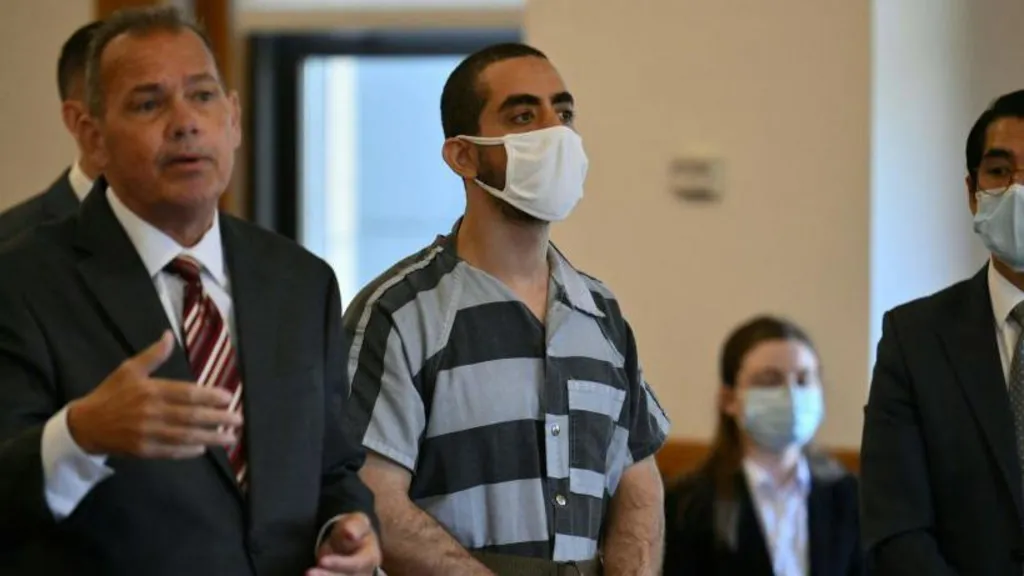The trial of the man accused of stabbing renowned author Salman Rushdie is set to be a landmark case, drawing international attention to issues of free speech, religious extremism, and security for high-profile figures. Rushdie, best known for his novel The Satanic Verses, has lived under the threat of violence for decades due to the book’s controversial reception in parts of the Islamic world. The brutal attack, which occurred in August 2022 during a literary event in New York, left the writer with severe injuries, including the loss of an eye and damage to his hand.
The suspect, Hadi Matar, was arrested at the scene and has pleaded not guilty to charges of attempted murder and assault. Prosecutors argue that Matar was motivated by extremist ideology and carried out a premeditated attack influenced by a longstanding fatwa calling for Rushdie’s death. The trial is expected to feature testimony from eyewitnesses, security officials, and medical experts who treated Rushdie after the attack.
Legal analysts predict that the case will set a precedent for how violent acts inspired by ideological motives are prosecuted in the United States. The trial will also likely reignite debates about the balance between freedom of expression and religious sensitivities, a topic that has followed Rushdie since the publication of his novel in 1988.
As proceedings unfold, global attention remains fixed on the courtroom, with human rights groups and literary communities closely monitoring the case. Rushdie, who has remained resilient despite the attack, continues to advocate for free speech, making it clear that he refuses to be silenced by fear or violence.
Stay ahead with the latest news on global innovation, leadership, entrepreneurship, business, and tech. Join us on WhatsApp or Telegram for real-time updates. Have a report or article? Send it to report@theinnovationtimes.com.
Follow us on X (Twitter), Instagram, LinkedIn, YouTube, Pinterest, and Facebook for more insights and trends.



